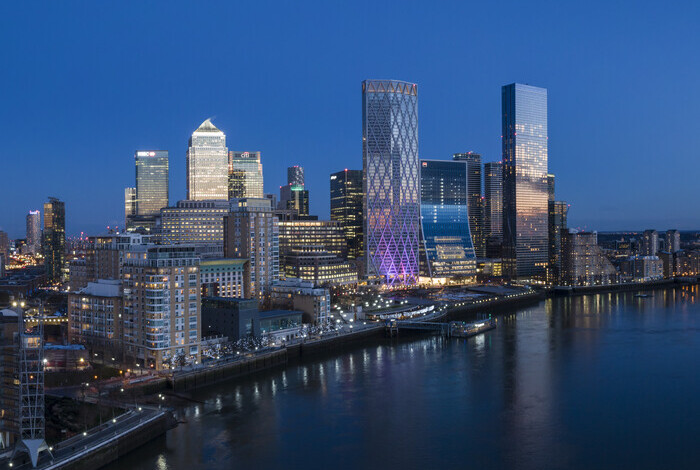NZBA pauses all activities, sets date for vote on its future
Following a wave of high-profile departures, the beleaguered NZBA (Net Zero Banking Alliance) has paused all activities, and announced a vote that will determine its future.
The NZBA, which is bank-led and UN-convened, represents major global banks committed to aligning their lending, investment, and capital market activities with net-zero greenhouse gas emissions by 2050. At the beginning of last month, the Alliance (which was founded in 2021) had more than 120 members from 44 countries, collectively managing $42 trillion in assets[i]. However, since pausing activities the NZBA has removed reference to membership numbers.
Now, the NZBA has announced that remaining members have been asked to vote on “a proposed transition from a membership-based alliance to establishing its guidance as a new framework initiative”[ii]. The alliances says that the outcome of the vote will be shared at the end of September 2025.
In a statement the NZBA says that: “The Steering Group believes this is the most appropriate model to continue supporting banks across the globe to remain resilient and accelerate the real economy transition in line with the Paris Agreement, as well as to continue engagement with the global banking industry to develop further guidance and tools needed to support them and their clients.
Recognising there is major opportunity for banks and key stakeholders to build on the Alliance’s outputs and to accelerate action on key priorities, NZBA encourages the banking sector to remain steadfast in implementing their net-zero commitments”[iii].
NZBA hit by a wave of major departures over the past year
The NZBA has seen a wave of major departures over the past 12 months. In August, Barclays became the second major bank to leave the Net Zero Banking Alliance (NZBA) in less than a month, as the ‘climate-climbdown’ in the financial services sector continued. In a statement at the time Barclays explained that their decision related to recent membership losses: “After consideration, we have decided to withdraw from the Net Zero Banking Alliance. With the departure of most of the global banks, the organisation no longer has the membership to support our transition”[iv]
Barclays decision to exit the NZBA followed the loss of HSBC in July, where the latter firm became the first major UK bank to leave the climate coalition. It followed a wave of departures in recent months, including all six of the largest US banks – JP Morgan, Citigroup, Bank of America, Morgan Stanley, Wells Fargo, and Goldman Sachs.
‘Climate-climbdown’
Earlier this year growing pressures around a ‘climate climbdown’ (where political changes are shifting climate attitudes) saw NZBA members ‘overwhelmingly’ vote to drop the coalitions 1.5-degree alignment, as well as water down wider climate goals. It means that banks should now aim to limit global warming to well below 2 degrees, and instead ‘strive’ for 1.5 degrees. The previous NZBA requirements set this target as 1.5 degrees, with no mention of a 2-degree limit.
At the time the NZBA said that that it acknowledges a wider range of net-zero pathways that align with the temperature goals of the Paris Agreement. They add that this increases flexibility for banks with exposures to a range of markets and sectors to manage targets and transition across their balance sheet. In addition, the changes mean that broader climate requirements have effectively been converted into non-binding “best practice” guidance.
References
[i] Members – United Nations Environment – Finance Initiative
[iii] Ibid
[iv] Statement on the Net Zero Banking Alliance





.jpg)
